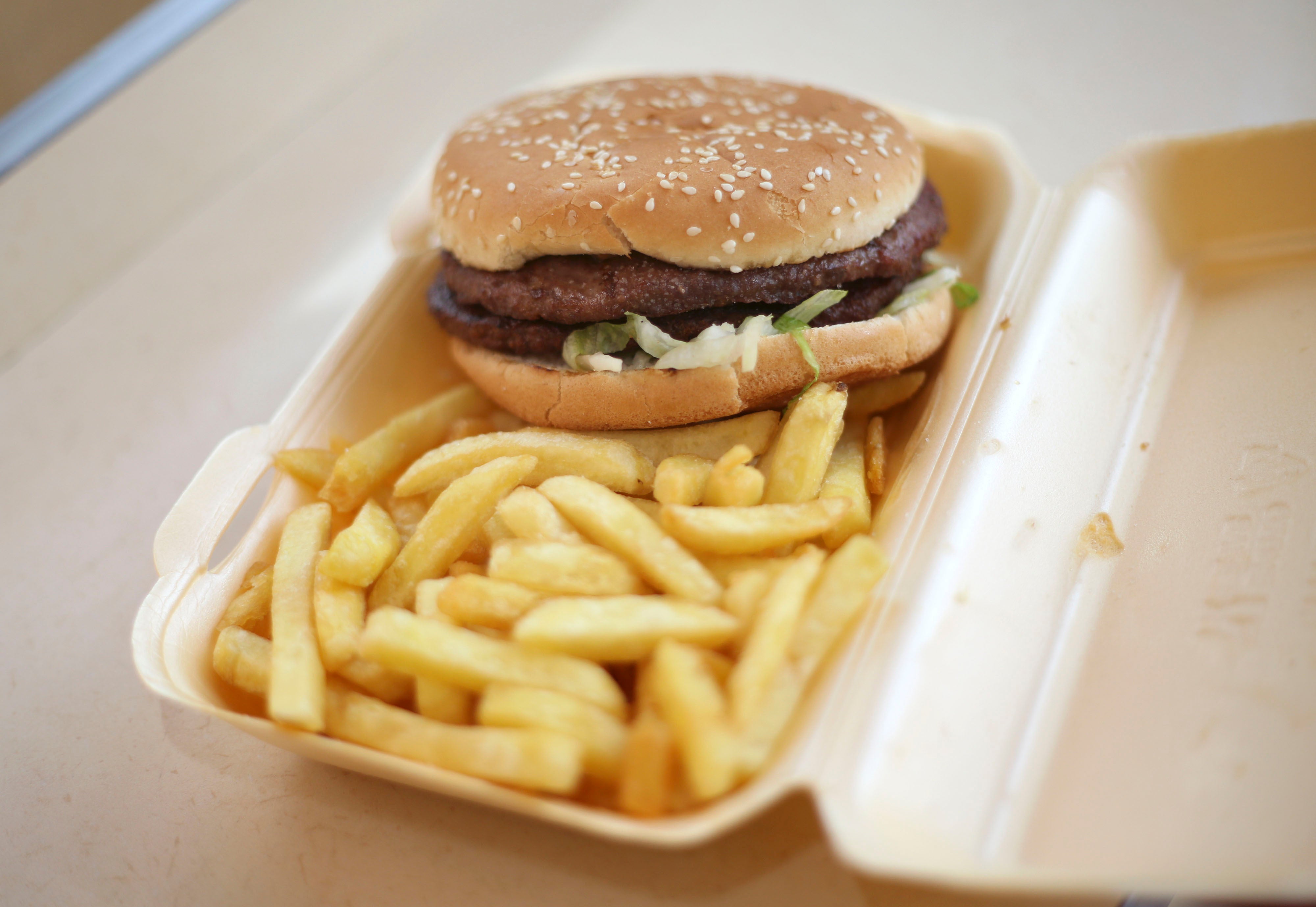Dieters ‘thwarted by constant promotions of unhealthy food’
The report finds it is not about ‘willpower’ when it comes to battling obesity.

Your support helps us to tell the story
From reproductive rights to climate change to Big Tech, The Independent is on the ground when the story is developing. Whether it's investigating the financials of Elon Musk's pro-Trump PAC or producing our latest documentary, 'The A Word', which shines a light on the American women fighting for reproductive rights, we know how important it is to parse out the facts from the messaging.
At such a critical moment in US history, we need reporters on the ground. Your donation allows us to keep sending journalists to speak to both sides of the story.
The Independent is trusted by Americans across the entire political spectrum. And unlike many other quality news outlets, we choose not to lock Americans out of our reporting and analysis with paywalls. We believe quality journalism should be available to everyone, paid for by those who can afford it.
Your support makes all the difference.People struggling to battle obesity are being “thwarted” by Britain’s unhealthy food culture, a study has found.
The study, from the Centre for Food Policy at City, University of London, carried out for the National Institute for Health Research (NIHR) obesity policy research unit, found that even those “trying really hard” to lose weight find their efforts frustrated by a barrage of advertising for unhealthy food.
The review, shared exclusively with The Guardian found that the availability of unhealthy foods at all hours of the day makes it difficult for millions to shed pounds, with “constant exposure” to both unhealthy food and advertising for snacks high in fat, salt and sugar derailing their efforts.
Even people trying really hard are thwarted in their efforts by unhealthy food options that are everywhere - they’re easy to find, cheap to buy, quick and appealing
Kimberley Neve, the lead author of the study, said: “This review highlights not only how difficult it is to lose weight in Britain, and keep it off, but also that it’s not just about willpower or self-control: even people trying really hard are thwarted in their efforts by unhealthy food options that are everywhere – they’re easy to find, cheap to buy, quick and appealing.”
The review found that weight loss for those on low incomes was especially difficult, with unhealthy food promoted more through special offers in shops and supermarkets.
It warned that without further action, the UK’s plans to tackle obesity will fail.
The review urges the Government to accept seven policy recommendations, including introducing discounts on fruit and vegetables, encouraging business to provide healthier options in the workplace for their staff and incentivising fast food outlets to sell healthier options.
Tam Fry, chairman of the National Obesity Forum, said there had been similar attempts to reform Britain’s food environment a decade ago.
He said: “The Government’s responsibility deal launched in 2011 was an attempt to tackle all the issues around HFSS (high in fat, salt or sugar) food and was accepted by food companies as long as it was free from regulation.
“The Government declined to legislate and the deal unravelled. The researchers’ demands must now be mandated – no ifs and no buts.”